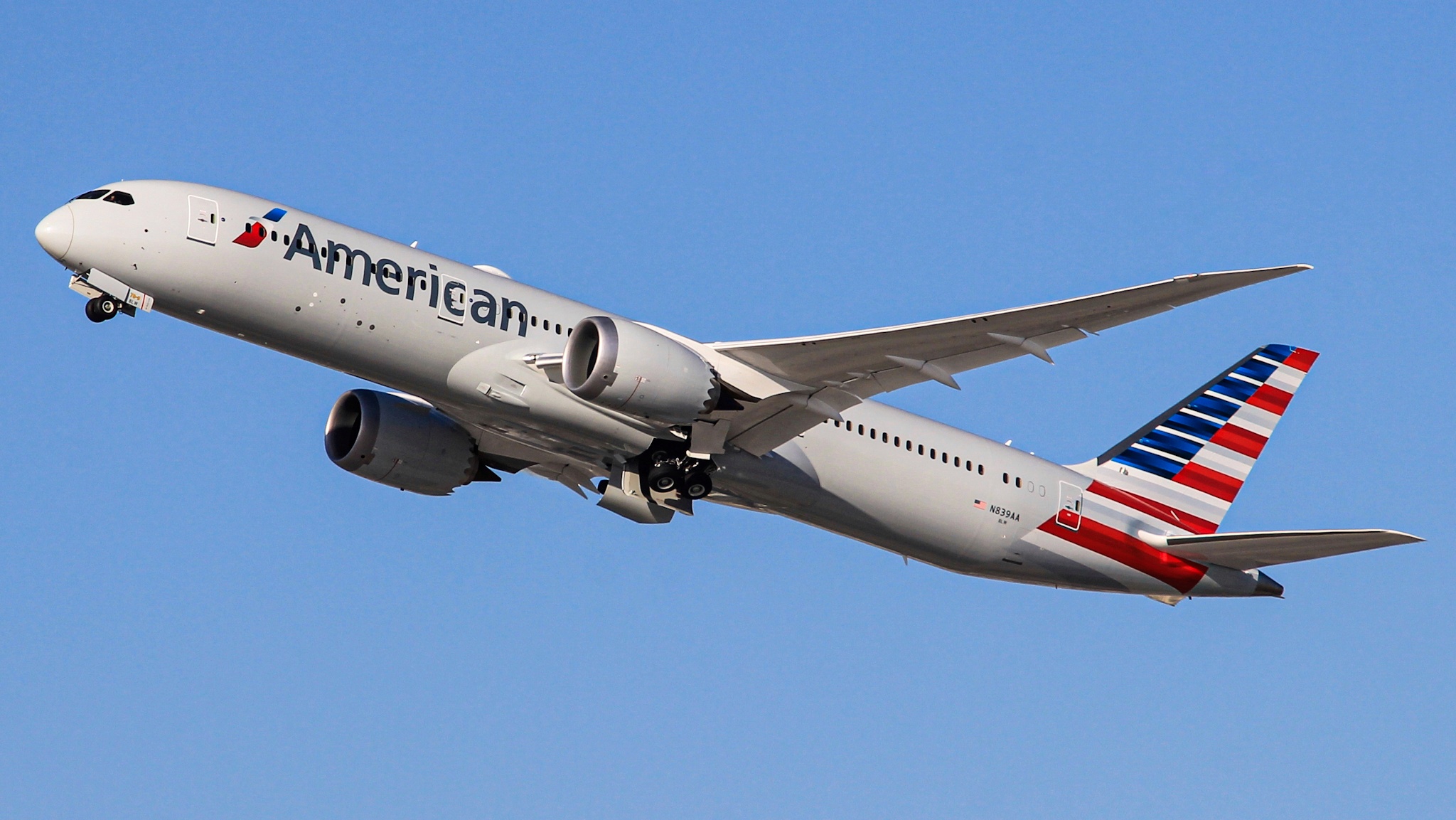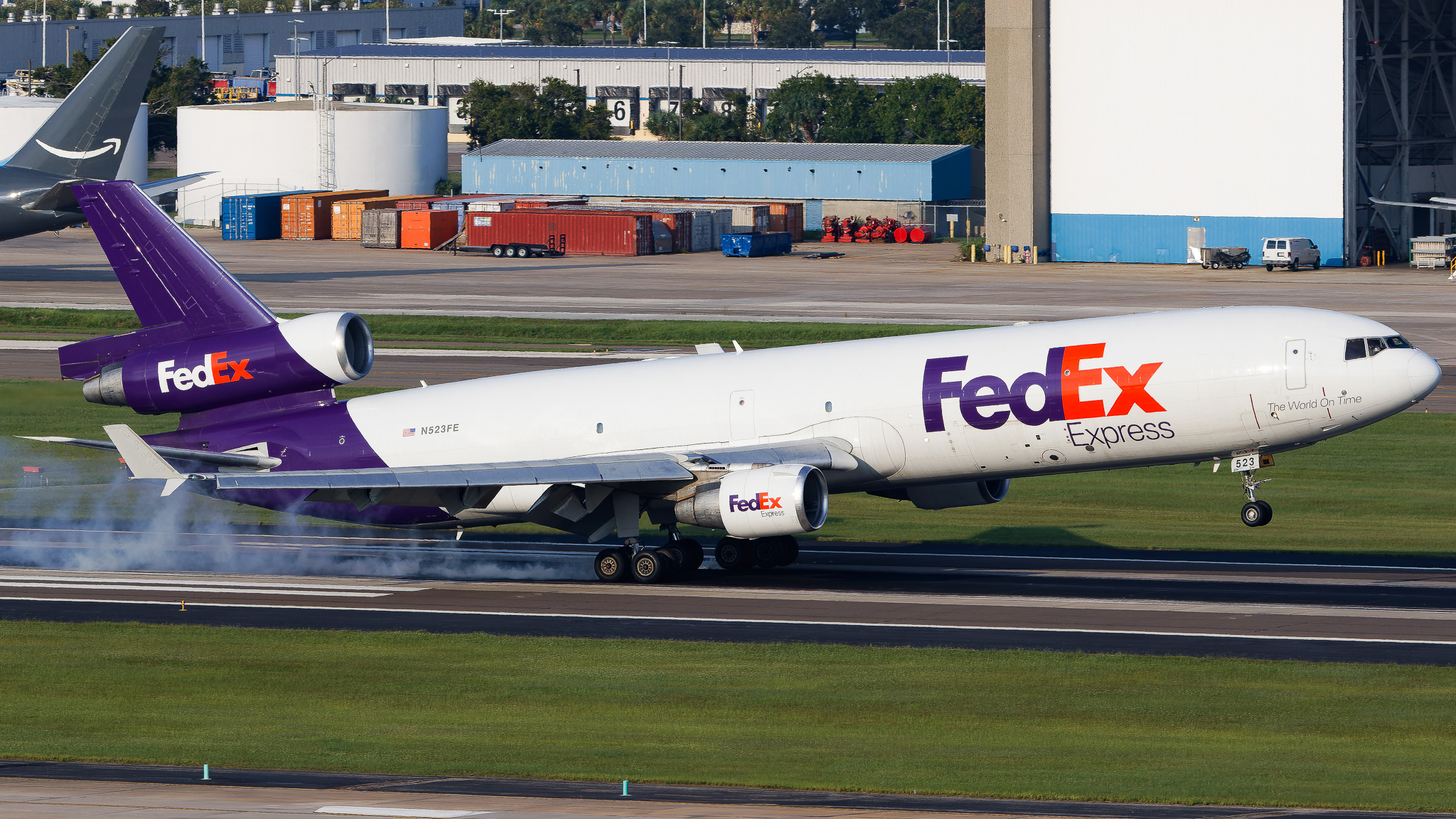Amid the COVID-19 pandemic, many airlines have been forced to reduce their schedules and hold off their expansion plans. Contradicting these cliches of the industry currently, Regional Express plans to start expansion in Australia in 2021, flying between Australia's main cities, according to multiple sources.
To do this, Regional Express will raise $200 million dollars in capital. This could be raised via the selling of new shares of stock on the Australian Stock Exchange(ASX). Additionally, Regional Express(REX) has been in discussion with investment banks and private equity funds for funding.
If Regional Express raises the liquidity, Regional Express will look at starting direct service between Australia's main population centers, Sydney, Melbourne, Brisbane, Perth, and Adelaide. Currently, Qantas, its low-cost subsidiary Jetstar Australia, Virgin Australia, and its lowcost subsidiary TigerAir Australia control these markets.
REX is mainly capitalizing on a rare opportunity presented by the pandemic. Virgin Australia is currently in voluntary administration and on the verge of collapse along with its subsidiary TigerAir Australia. Virgin is currently looking for investors in their venture known as Mark II. With pressure from Qantas, who recently threatened to push fares to as low as $19, Virgin Australia is facing even more heat from REX, deterring potential investors from the headwinds.
In 2002, Virgin Australia(at the time known as Virgin Blue) stepped into the market to take advantage of Ansett Australia's bankruptcy. REX is doing the same, allowing itself to enter the market with minimal pressure from both carriers especially Virgin Australia and its struggle to survive.
In order to fly these routes, Regional Express would lease 10 single-aisle narrowbody aircraft, probably either the A320 or 737 families. This would add on REX's fleet of Saab 340s, the largest in the world. REX currently has more than 55 Saab 340's with most of the fleet currently grounded due to the COVID-19 pandemic.
REX would offer service that its deputy chairman John Sharp told The Australian Financial Review described as "halfway between a full-service carrier and a low-cost-carrier." The model would be similar to JetBlue and Norwegian. Currently, the carrier is looking at premium service rather than business-class service, though this could change.
Before the pandemic, REX focused mainly on Australian regional routes, with some subsided by the Australian government. These were flown from large cities in Australia(Sydney, Melbourne, etc.) to smaller towns. These services allowed key connections between these towns with very little other transportation options with larger cities. Most of these were tag-on services between different towns flying from base to base, with little to no competition.
What are your thoughts on REX's move? Would you fly REX? Leave your thoughts in the comments below.
American Airlines Announces Return to Venezuela After 7-Year Hiatus as Airspace Reopens » Amazon Prime Air Airbus A330 Emergency Landing in Cincinnati After Bird Strike Triggers Engine Fire » Breeze Airways Unveils 12-Route Expansion and 4 New Destinations »
Comments (0)
Add Your Comment
SHARE
TAGS
ROUTES Regional Express REX Australia SYD MEL BNE Sydney Qantas Virgin Australia JetstarRECENTLY PUBLISHED
 American Airlines Plans Full Widebody Free Wi-Fi Expansion After Internal Meeting Leak
A leaked recording from a recent American Airlines employee meeting has revealed that the carrier intends to equip its entire widebody fleet with free high-speed Wi-Fi. As of February 2, 2026, the carrier is moving to close the gap on its long-haul international product, expanding the AT&T-sponsored service that debuted on domestic routes just last month.
STORIES
READ MORE »
American Airlines Plans Full Widebody Free Wi-Fi Expansion After Internal Meeting Leak
A leaked recording from a recent American Airlines employee meeting has revealed that the carrier intends to equip its entire widebody fleet with free high-speed Wi-Fi. As of February 2, 2026, the carrier is moving to close the gap on its long-haul international product, expanding the AT&T-sponsored service that debuted on domestic routes just last month.
STORIES
READ MORE »
 Air India Pulls Boeing 787-9 From Service After Serious Fuel Switch Discrepancy Report
Air India has taken the preemptive step of grounding one of its Boeing 787-9 Dreamliners following a technical report involving a critical fuel control switch malfunction. The decision, confirmed today, February 2, 2026, underscores the carrier’s heightened focus on safety and operational integrity as it continues its massive fleet transformation under the Tata Group.
STORIES
READ MORE »
Air India Pulls Boeing 787-9 From Service After Serious Fuel Switch Discrepancy Report
Air India has taken the preemptive step of grounding one of its Boeing 787-9 Dreamliners following a technical report involving a critical fuel control switch malfunction. The decision, confirmed today, February 2, 2026, underscores the carrier’s heightened focus on safety and operational integrity as it continues its massive fleet transformation under the Tata Group.
STORIES
READ MORE »
 FedEx Targets May 31 Return for MD-11 Fleet Following Fatal November Crash
A stark divide has emerged between the world’s two largest logistics giants as they navigate the future of the iconic McDonnell Douglas MD-11 freighter. While FedEx Express is doubling down on the trijet with a target return-to-service date of May 31, 2026, United Parcel Service (UPS) has officially closed the book on the aircraft’s thirty-year tenure following a devastating accident that sent shockwaves through the industry.
STORIES
READ MORE »
FedEx Targets May 31 Return for MD-11 Fleet Following Fatal November Crash
A stark divide has emerged between the world’s two largest logistics giants as they navigate the future of the iconic McDonnell Douglas MD-11 freighter. While FedEx Express is doubling down on the trijet with a target return-to-service date of May 31, 2026, United Parcel Service (UPS) has officially closed the book on the aircraft’s thirty-year tenure following a devastating accident that sent shockwaves through the industry.
STORIES
READ MORE »



